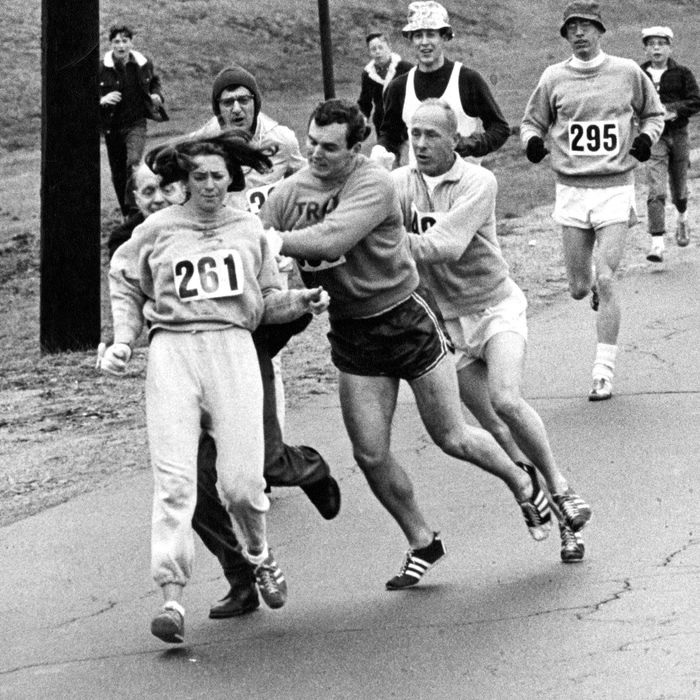A History of Women Protesting in Sports Comments Off on A History of Women Protesting in Sports
Since women were allowed to the Olympic Games for the first time in 1990, Paris, the situation with sexism and discrimination in the world of sports has not significantly changed, though. If we follow the history of professional sports, we will realize tons of episodes with women athletes that can not be regarded but as chauvinism. They include all kinds of discrimination from obvious lack of respect, restrictions in terms of participating at different kinds of sports or separate tournaments to the revolting acts of harassment, like it was with Kathrine Switzer in 1967, for instance.

She has entered the Boston Marathon despite the fact the women were not actually allowed to participate. The reasons seemed quite strange for Kathrine: some experts claimed that sports, particularly running, could be harmful for women’s health in some way, including impact on fertility. Such social injustice was something Kathrine could not move on with and she registered for the Marathon, having pretended she was a man. When the truth was revealed, Kathrine was almost finishing — but the official seized her and tried to take her away from the race. However, he was not successful and Kathrine Switzer became the first woman to have finished the race in the Boston Marathon. This was humiliating, from the one hand — and productive, from the other, as a couple of years later, women were officially allowed to the Marathon.
How and what for do athlete women protest
It would be strange to deny that this current state of a woman position in amateur and professional sports is rather dismaying — the lack of equality is still unfortunately obvious, if one looks into this subject a little deeper. However, this, surprisingly, gives women athletes more power — as their votes become louder when it comes to a protest.
This makes the history of women protesting in sports divide into two ways. There is a history of protesting for simply being in sports for women — like the previously mentioned story about Kathrine Switzer. However, the subject appears to be much wider when sports happens to mix with politics and when society needs the voices of minorities to draw as much attention as possible to different issues.
Read the rest of this entry →